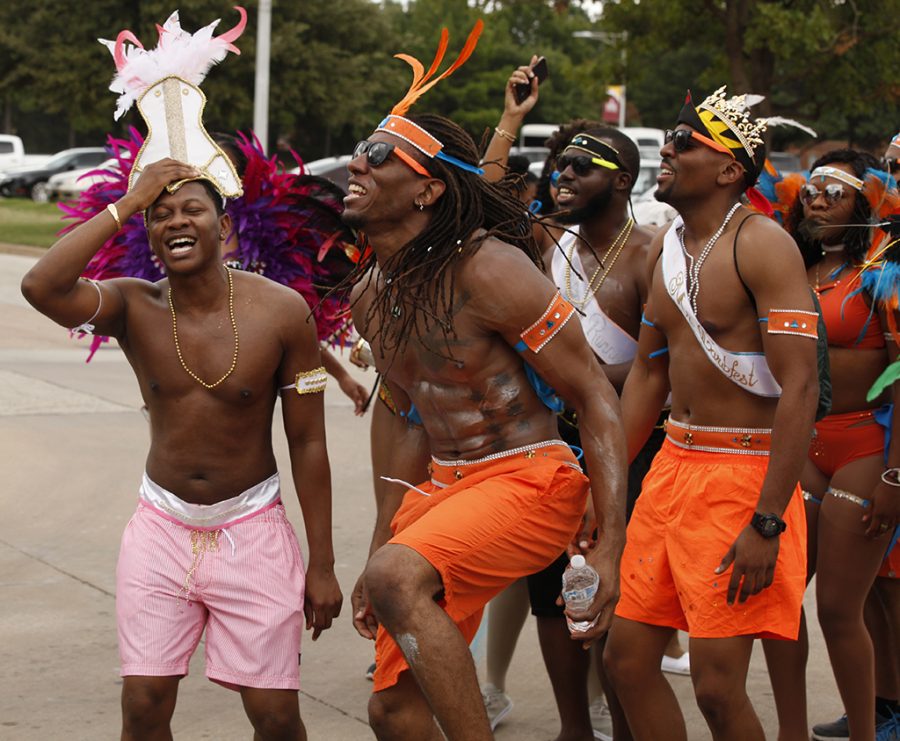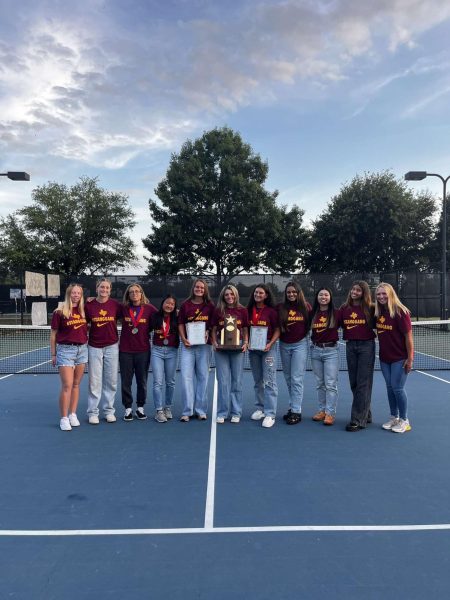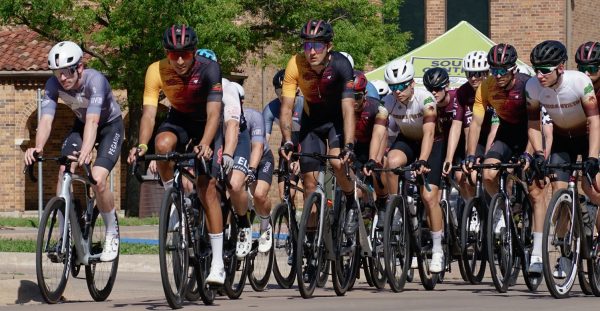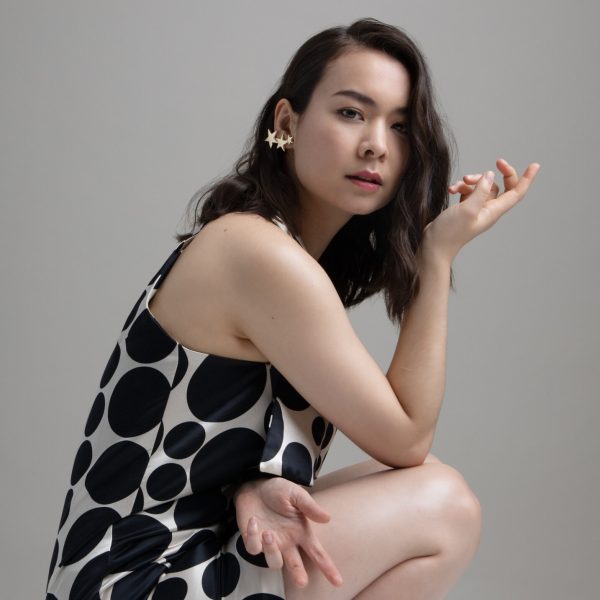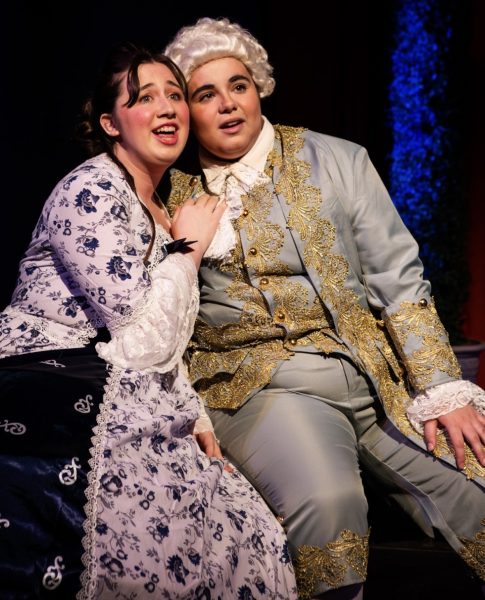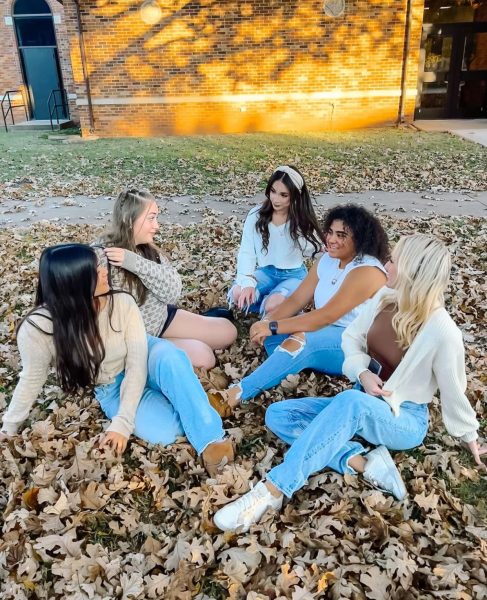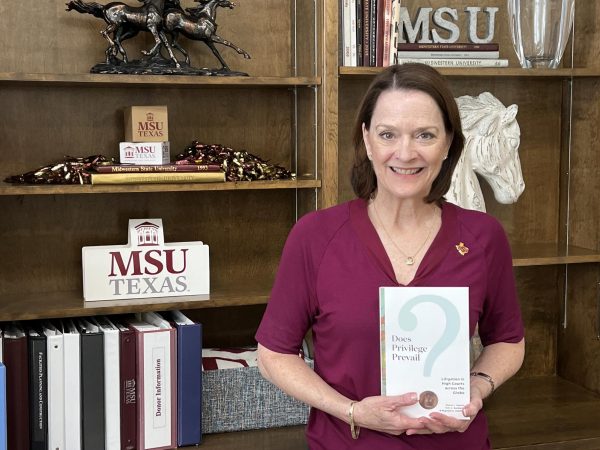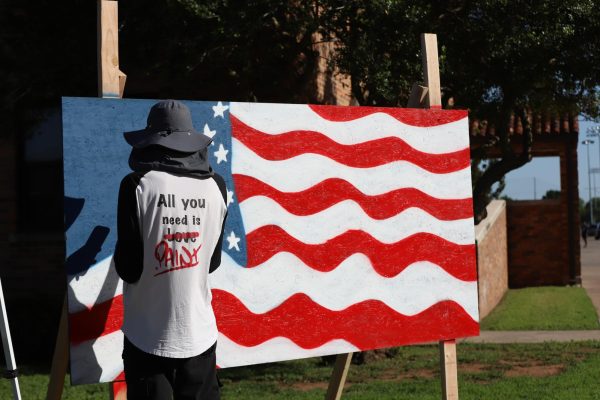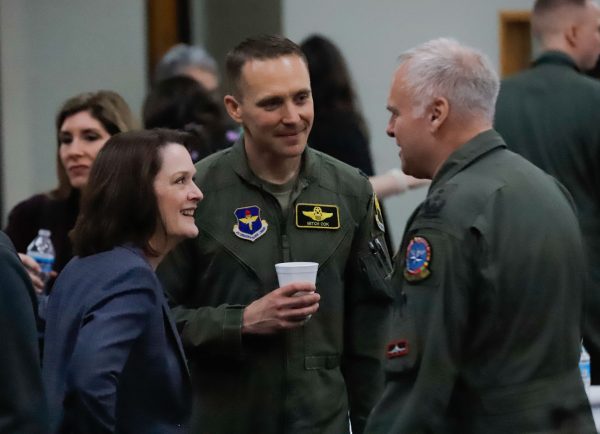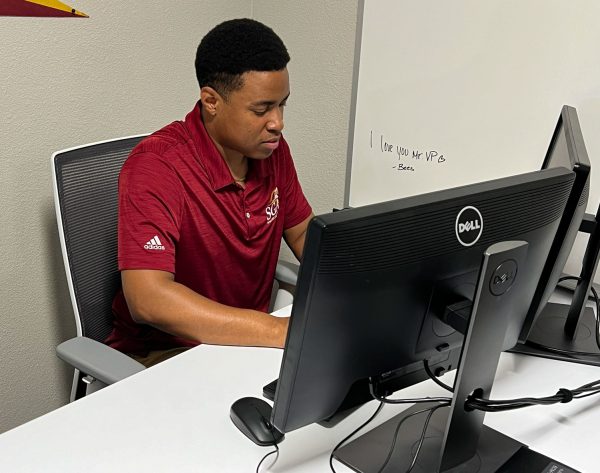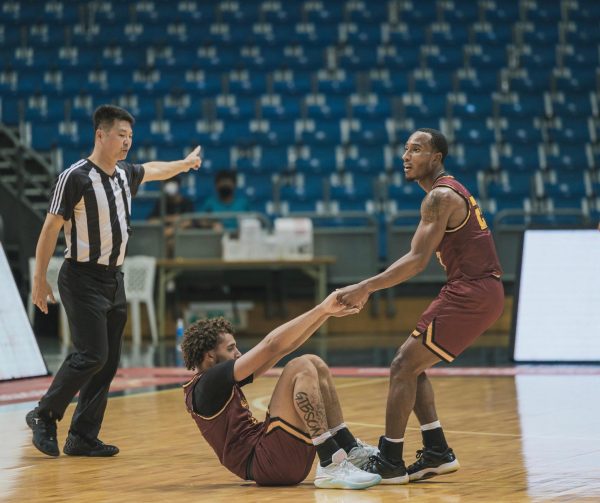CSO members hope to engage more students
Akil Williams, art senior, and Edward Collins, psychology junior performing at the Caribfest Parade on Saturday, Oct. 6, 2018. Photo by Stephen Gomez
October 1, 2018
While the Caribbean Student Organization has been around for 24 years, the organization executives said that awareness of the group is still left unknown to most of the student body.
There are anywhere between 300-500 students involved in the culturally based organization. With that, Anja N. Toussaint, CSO public relations officer, said this is the perfect organization to connect students with Caribbean culture.
“It’s an organization that gives members the experience of the Caribbean,” Toussaint said. “It’s a different culture and environment, [being] more fast paced. It allows students to feel at home. Anyone who wants to learn about the culture can feel free to join.”
Along with the normal on-campus organization requirements for members like participation and attending meetings, Toussaint said sub-groups exist within the organization as a whole to help plan events throughout the fall and spring semesters. Sporting events such as the CSO Olympics bridge American and Caribbean fun during the spring semester.
“Sometimes it gets a bit hectic, but I believe if you put yourself in this position as a student, you should allot time for it,” Toussaint said. “You have to remember to get stuff done at a certain time, but with a strong executive, we get stuff done. It never gets to a point where it gets overwhelming.”
Because CSO members want to involve as many students as possible, Calvert Aaron, CSO president, said they are planning to incorporate events that will encourage more students to attend.
Aaron said, “[Our goal is] to have more professional building opportunities such as college visits or even more interaction on campus. A lot of events in the past have been secluded to Caribbean students but we’re trying to incorporate more on-campus events this semester.”
Being a part of this organization has helped members expand their cultural knowledge as well as other beneficial life skills.
“I’ve been here since 2011, so I’ve seen the way it’s grown throughout my eight years,” Aaron said. “I’ve learned time management. That’s big. Also [I’ve] just [been] learning more about different cultures. Even though people might class us as Caribbeans, each island might have a unique way to say or cook things. [I’ve enjoyed] learning more about the different islands.”
Back in 1994, 18 students came together to form the organization that leads internationalization on campus with more than 40 countries represented amongst the student population.
“It’s the Caribbean recruitment program for the international services,” Aaron said. “Dr. Randy Glean is the founder. He still works and helps us out. We wouldn’t be who we are today without him.”
A change in state law threatened to end the international recruitment program by negating the use of a competitive scholarship waiver in 1995. International Services Director Glean acted by establishing partnerships with various organizations and governments which allowed the program to have such success through its now structured platform and secured funding.
Toussaint said, “Glean always has advice and is really instrumental.”
The early international students agreed to provide necessary assistance to any future students as they adjusted to being in Texas. This factor has continued to benefit those within the organization, and Aaron said the mentors in the organization really help the students succeed.
“I’m really appreciative of the assistance [I] got because it was something new for me,” Toussaint said. “When you are new, you get to meet members who have done your major [before] to give you advice. You’re given the names of all the people of your same major, and they [advise] you when or what courses to take.”
The organization provides an outlet for international students to feel close to home while they are away from home.
Grantley Samuels, CSO first vice president, said, “The thing I like most is we are a relatively close family. It’s a relief to come to a new place and not feel like you’re entirely in a new place.”
Help for members extended outside of the organization when university officials assisted students who were in need after the devastating hurricane season during the Fall 2017 semester.
“[They] offered a lot of psychological assistance such as counseling and the clinic. They provided us with food items every week for five weeks,” Toussaint said. “[They] helped us get meal plans. We really appreciate them for that.”
According to csoweb.org, Caribbean students graduate about 95 percent on time, with 60 percent achieving honors and 70 percent going on to earn advanced degrees.
“We are an academic influence on campus. We have one of the highest GPAs and a high [retention] rate,” Aaron said. “I think [of us] academically, not just [as an organization who] parties. There’s an input on academia in school.”
Executive members know firsthand how being in a position of high-ranking can be stressful, and with an organization having so many students, Aaron said he knows he “can’t please everyone,” but is “trying to keep the peace” for a more cohesive and successful organization that students want to be a part of.
“Being one of the bigger organizations on campus to have somewhat of a pull, [we are able to] act in different capacities [that are] not just within the organizations,” Aaron said.
The organization proudly celebrates and strives to inform the student body about Caribbean culture.
“We are different. You hear about all the different groups but hardly about us. You might find how many sororities or how many fraternities, but [there is] only one CSO. Why not be a part of something different? Why be mainstream? Our group is where the fun is at. It’s where academia and fun meet,” Toussaint said.
RELATED STORIES:
- Students get Caribbean experience with new Study Abroad program
- A day in the life of Rebekah Proffitt studying abroad
- Students prepare for Caribfest pageant
- Dominica, Antigua take the crown at Mr. and Ms. Caribfest pageant
- Music breathes life into Soca Show to kick-off Caribfest
- CaribFest Culture Show rained out during second performance
- About 150 people watch Caribfest Parade
- CSO Glow Fete brings lit end to Caribfest



